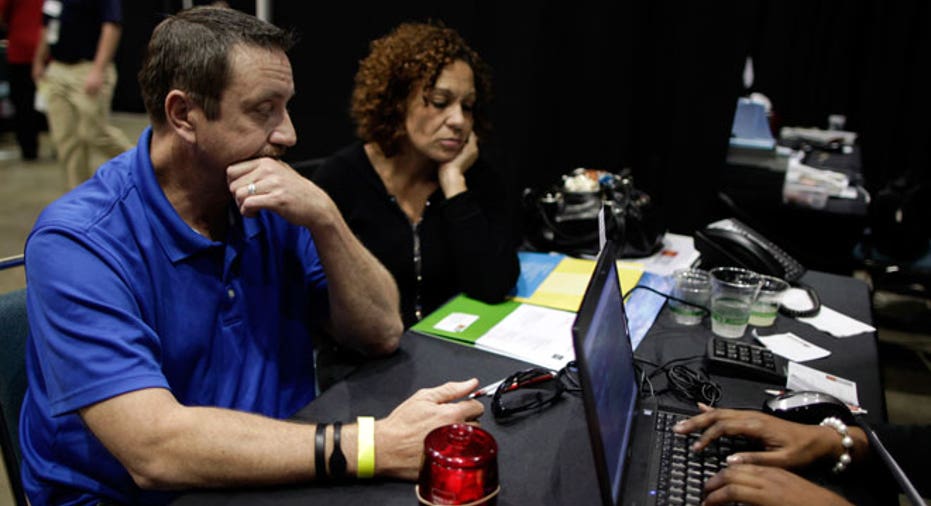20% of Homeowners are Not Refinancing When They Should

Why would any American household forgo thousands of dollars in savings? That is an excellent question, and it was posed by the authors of a study that was recently released by the National Bureau of Economic Research (NBER).
The study attempted to quantify the missed savings opportunities from American homeowners failing to refinance with favorable interest rates. Based on data from U.S. mortgage holders in December 2010, the authors concluded that 20% of households missed the opportunity to save money through refinancing – at a median cost of around $11,500 per household and a whopping $5.4 billion in overall savings.
To illustrate, the NBER summary used the example of a $200,000 mortgage with a 30-year fixed interest rate. The difference between a 6.5% rate and a 4.5% interest rate results in over $80,000 in savings from interest payments over the life of the loan. If the interest rate went as low as 3.35%, the savings grows to $130,000. These numbers take into account the average costs associated with refinancing.
For reference, the interest rate in December 2010 was in the general range of 4.7% but in the midst of a temporary spike. It is below 4% as of this writing, thus the survey is at least equally relevant to 2015.
To determine who would benefit from refinancing, each loan was analyzed for potential savings given the characteristics of the loan. Along with the interest rate, consideration was given to the payment history and current balance, as well as more specific loan terms. Second liens were also taken into account.
Adjustments were made for factors ranging from the probability of relocation to the impact of taxes. However, one thing that is difficult to adjust for is the other side of the equation – the ability to find a willing lender.
In 2010, banks were still adjusting from the subprime housing crisis and being threatened with buybacks of bad loans (which in part came to pass). The study takes place during a significant phase of credit tightening, where banks were being pre-emptive at being stuck with risky loans.
Even the Home Affordable Refinance Program (HARP), which was specifically targeted at homeowners who owed more on their mortgage than the home was worth, suffered from excessive mortgage application denials due to banks who set stricter requirements than HARP for program acceptance.
Nevertheless, the study authors claim to have compensated for these factors as best they possibly could, and suggest that much of the problem lies in lack of education and understanding. They suggest that housing advisory and counseling groups could offer more detailed programs to help people understand the benefits of refinancing.
Mistrust of the banking system was also cited as a possible reason – certainly, an understandable result given the public perception of the banking and housing systems as America pulled out of the Great Recession. Yet another potential reason is good old-fashioned American procrastination.
However, these excuses surely do not apply to you. If you have a mortgage interest rate well over today's unusually low fixed rates, you should at least consider refinancing. Credit is still tight but is loosening somewhat, and the economy seems to be poised for a significant recovery – which will lead to higher interest rates.
Try using a MoneyTips refinancing calculator to check your savings. You may find that the potential savings are too tempting to ignore.
More From MoneyTips.com:
5 Ways to Lower Your Mortgage CostsMortgage Refinancing After the Great RecessionRefinancing Underwater Properties



















